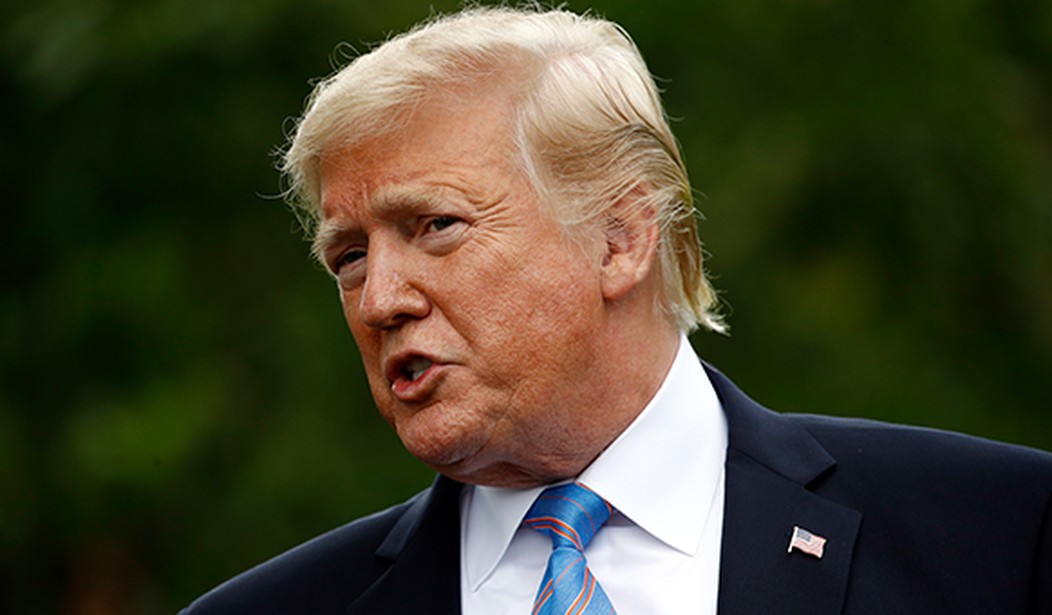A federal appeals court ruled Tuesday that President Trump cannot block critics from his Twitter feed.
In a unanimous decision from the U.S. Court of Appeals for the 2nd Circuit, Judge Barrington D. Parker wrote that “The First Amendment does not permit a public official who utilizes a social media account for all manner of official purposes to exclude persons from an otherwise open online dialogue because they expressed views with which the official disagrees.”
The decision upholds a previous ruling which stated Trump violated the First Amendment when he blocked individual users.
The case was brought against Trump by seven people who he had blocked. The president had unblocked these individuals while the case was waiting for appeal.
“In resolving this appeal, we remind the litigants and the public that if the First Amendment means anything, it means that the best response to disfavored speech on matters of public concern is more speech, not less,” Parker stated.
As The Washington Post reported:
The First Amendment prevents the government from blocking or excluding views it disagrees with in what is known as "viewpoint discrimination.” The Supreme Court has not directly addressed how the law applies to expanding digital spaces for public debate, and the case involving the president’s account — with millions of followers — was a high-profile legal test.
Attorneys representing the blocked users contended that Trump’s Twitter account is an extension of his presidency. Arguing that Trump's account is used to publish his policies and agenda, they reasoned that the comment section of Trump’s Twitter feed is no different from a town hall meeting, and that citizens should be able to talk directly to and engage in discussions of public policy with officials in government--something the comment section of Trump's Twitter feed provides.
Recommended
"Public officials’ social media accounts are now among the most significant forums for discussion of government policy,” Knight Institute executive director Jameel Jaffer said in a statement after the ruling.
“This decision will ensure that people aren’t excluded from these forums simply because of their viewpoints. It will help ensure the integrity and vitality of digital spaces that are increasingly important to our democracy.” (The Washington Post)
DOJ lawyers who defended the president argued that @realDonaldTrump is Trump’s personal account on a privately-owned platform and that he has the right to block users from his own feed.

























Join the conversation as a VIP Member